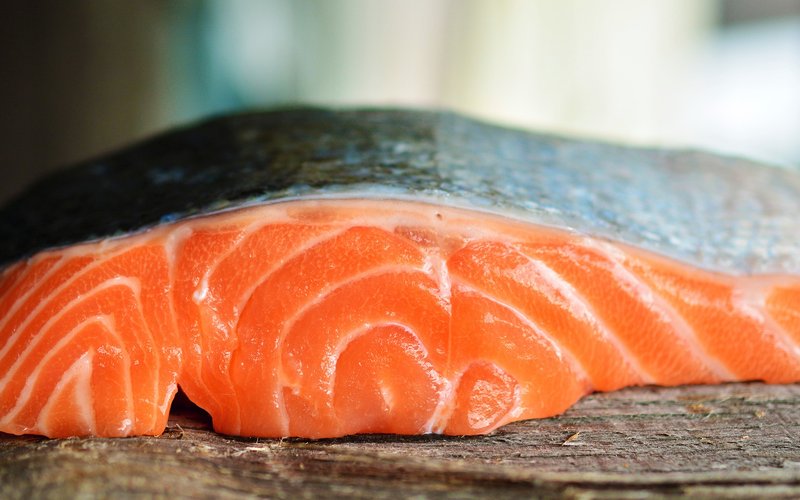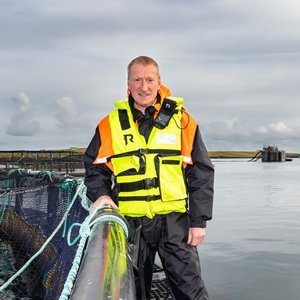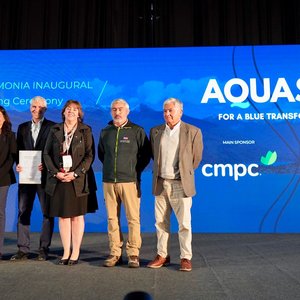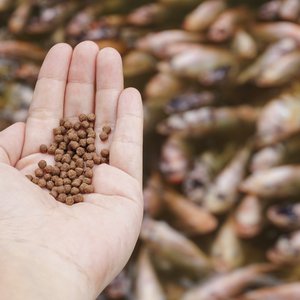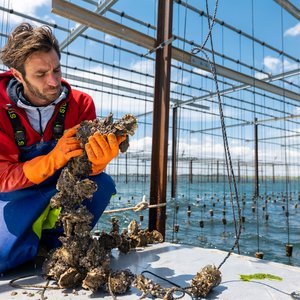A new project will consider the viability and impact of microalgae and genetically modified (GM) crops in providing the omega-3 long chain polyunsaturated fatty acids, eicosapentaenoic acid (EPA) and docosahexaenoic acid (DHA), to salmon.
The innovative, multidisciplinary project led by Douglas Tocher and Mónica Betancor, fish nutritionists at the University of Stirling, and funded by the Biotechnology and Biological Sciences Research Council, will see these novel oils incorporated into salmon feed with the team monitoring the impact of the new omega-3 sources on the response of the fish to specific disease and parasite challenges.
Mónica Betancor, of the IoA, said that “the omega-3 fatty acids EPA and DHA are beneficial to human health, but they are in short supply. Fish and seafood – now increasingly supplied by the aquaculture sector – are the major sources of these omega-3 fatty acids. The aquaculture industry also adds these fatty acids to fish diets to increase levels of EPA and DHA in the products, which then benefits the consumer.”

Recently, entirely new sources of these omega-3 fatty acids have been developed specifically for the aquaculture industry to help bridge the gap between supply and demand. One approach, led by Rothamsted Research, includes the development of feeds containing oils obtained from a genetically engineered oilseed crop, Camelina. This study will test these novel oils as sources of omega-3 in feeds for farmed Atlantic salmon, focusing on their impacts on fish health. The study will also define the influence of the novel dietary oils on the detailed biochemical and molecular mechanisms underpinning fish health, and assess and validate the potential of these new oils for use in salmon farming.
Omega-3 is essential for fish health – with reduced levels linked to a higher incidence and severity of inflammatory diseases. While studies have already considered the effectiveness of these oils in increasing omega-3 content of farmed fish, the impact on fish health has been neglected.
In addition to the Stirling team, other project partners are Rothamsted Research, the University of Aberdeen, the University of the Highlands and Islands, BioMar and SAIC (Scottish Aquaculture Innovation Centre).


